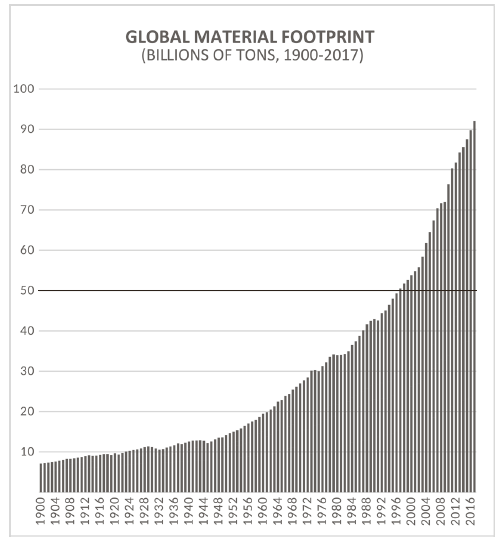
The notion that wealthy countries have "achieved" growth while poor countries "haven't" erases both colonial history and neo-colonial forms of power. In reality the former have grown rich by exploiting the latter, and they continue to do so.
The West's economic rise depended on silver and gold plundered from the Andes; cotton and sugar grown by enslaved Africans on land stolen from Indigenous Americans; plus rubber, grain, timber etc appropriated from Africa, India and other colonized territories.
After independence, governments across the South focused on progressive economic reforms to boost wages, public services and domestic industries. These efforts were quashed and reversed by structural adjustment programs imposed by the World Bank and the IMF from the 1980s onward.
Today, high-income countries continue to rely on a large *net* appropriation from the global South, including:
-10.1 billion tons of raw materials
-379 billion hours of human labour
-22.7 Exajoules of energy
-800 million hectares of land
*Per year*. sciencedirect.com/science/articl…
-10.1 billion tons of raw materials
-379 billion hours of human labour
-22.7 Exajoules of energy
-800 million hectares of land
*Per year*. sciencedirect.com/science/articl…
• • •
Missing some Tweet in this thread? You can try to
force a refresh



